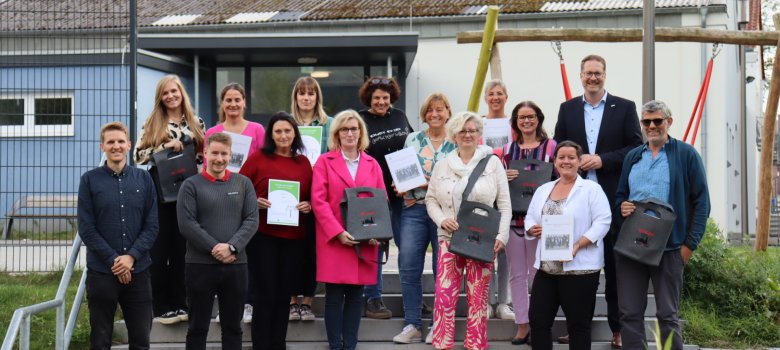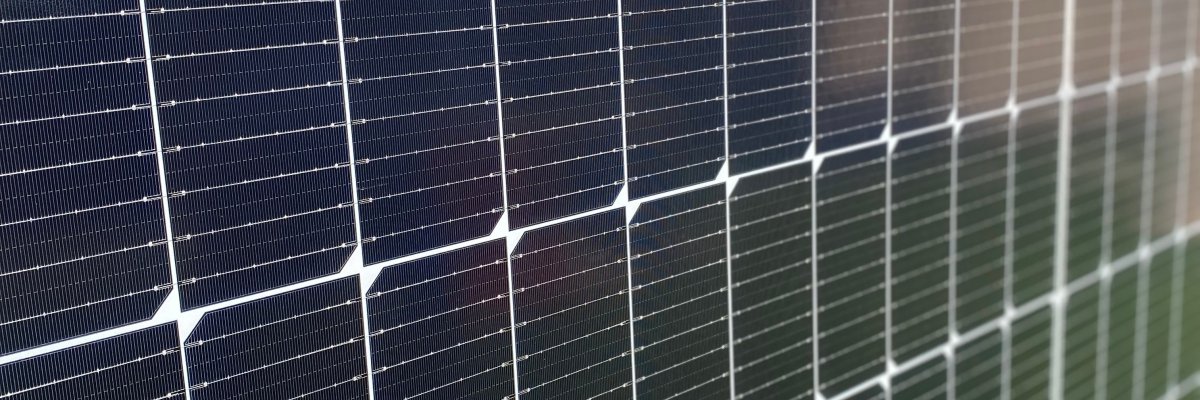Energy-saving models at schools
Information article on the already completed project!
Energy-saving models in Beckum schools - environmental and climate protection with benefits
At the end of the 2023/24 school year, a successful four-year funding project came to an end in Beckum: the introduction of so-called energy-saving models in several Beckum primary schools. The aim was to actively anchor climate protection in everyday school life - not only through technical measures, but above all through conscious behaviour, teamwork and educational support. The city of Beckum coordinated the project as a climate-conscious municipality as part of the national climate protection initiative of the Federal Ministry for the Environment.
What was realised?
Six schools have been involved in the project since 2019:
- Friedrich von Bodelschwingh School
- Primary school an den Kastanien
- Martin School
- Roncalli School
- Sun school
- Cardinal von Galen School
- Albertus Magnus Grammar School
- Secondary school
- Kopernikus-Gymnasium
- Rosa Parks Comprehensive School
Energy teams were formed in all schools, which - together with the teaching staff - identified potential savings in electricity, water and waste and developed measures to reduce the consumption of resources in everyday life. In addition, technical devices such as fridges and lighting systems were optimised or their use adapted.
Learning for life: Educational projects in focus
The focus was on numerous creative and educational activities that made the topic of climate protection tangible for the children. For example, the Sonnenschule experimented with raised beds, apple harvesting and recycling was carried out in the schoolyard of the Grundschule an den Kastanien primary school, and the Martinschule organised a school-wide regional breakfast. A plastic-free breakfast was introduced at the Roncalli School and the global sustainability goals were made part of school life. Friedrich-von-Bodelschwingh-Schule, on the other hand, designed advertising posters on the creation mission "Build and preserve" and focused on conscious behavioural changes such as switching off lights and proper ventilation.
Climate protection made measurable
In addition to the learning effect for the children, parents and staff, something good was also done for the environment: CO₂ emissions and operating costs were reduced through more conscious behaviour, waste avoidance, energy savings and sustainable mobility. This was made visible in part through measurements and comparative values - for example in the "Walk to school" campaign or by saving electricity in the school buildings.
Rewards for taking part
The schools were rewarded for their efforts with a bonus system. The money could be used for internal school projects, additional equipment or further environmental campaigns. Public campaigns such as rubbish collection or participation in European Mobility Week also strengthened the sense of community and environmental awareness far beyond the school day.
Lasting effect
The results show: Energy-saving models work. They raise awareness among children and adults alike and lead to real changes in behaviour. Many schools want to continue the measures introduced after the end of the project - such as energy services in the classroom or the integration of climate protection topics into lessons.
The project has not only made concrete savings possible, but has shown one thing above all: climate protection starts on a small scale - and works best together.

